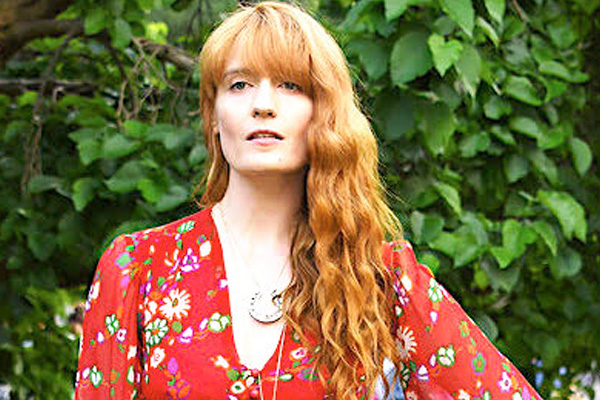Singing on the ‘natch –
May 23, 2019 –
Q. “High as Hope” is, gorgeously so, this articulation and exploration of struggle. It’s also the first album you’ve made fully sober. As a musician, you’ve seen how some in the industry buy into sex, drugs, and rock ’n’ roll stereotypes, how others work to shed them. How has your perspective changed on the industry, and your place within it, these past 10 years?
A. I definitely bought into the rock ’n’ roll idea. I bought into the idea that if I could party harder than anyone, I’d be more rock ’n’ roll. And before it got bad, I [expletive] loved it. Before it was really bad, I thought I was really good at it. And that’s the problem with thinking you’re really good at partying, that you’re actually, probably not good. It’s not good to stay up for a week when you were only meant to go out for a night.
Q. But when that’s what you’re constantly around, it’s harder to call that out.
A. I’d grown up in this scene in South London that was very boozy, and that’s how I understood performance. You were just as drunk as possible, and then you got a bucket of paint, and you had a band or you didn’t, but you’d just go. And “Lungs” was totally like that. I was just trying to out-drink all the boys. I was pretty successful at it, I must say. I took that as a point of pride, that it was such a male-dominated environment and I could out-drink all these people. But I had to unlearn that. I wanted to be one of those people who didn’t give a [expletive], who didn’t care what they did on a night out, that they blacked out. That’s the idea of rock ’n’ roll, that you also don’t care.



